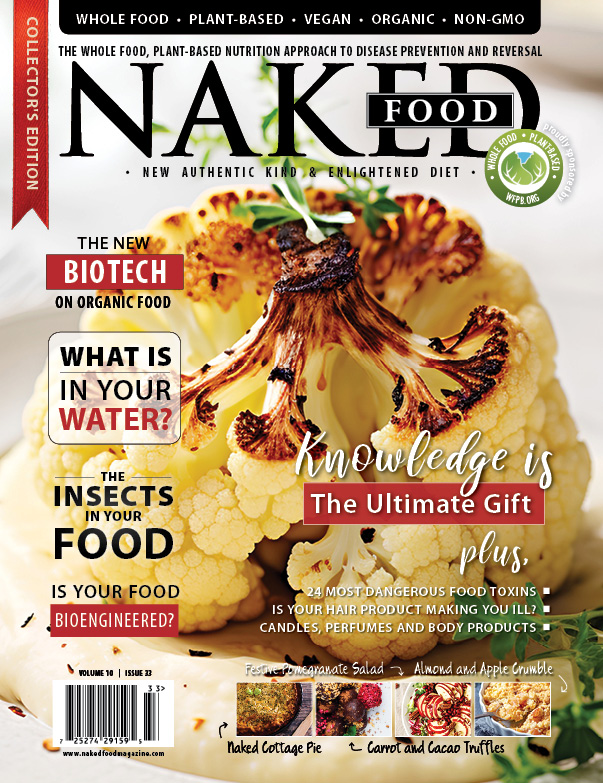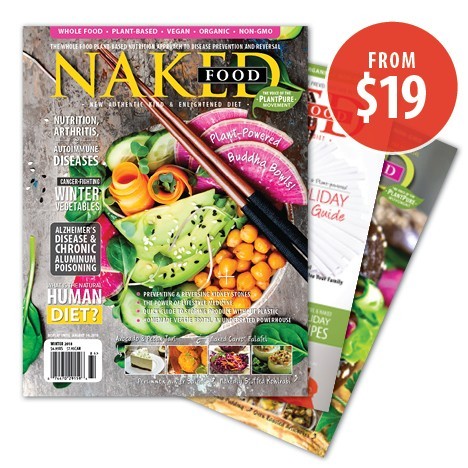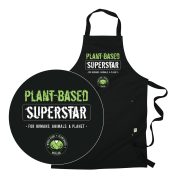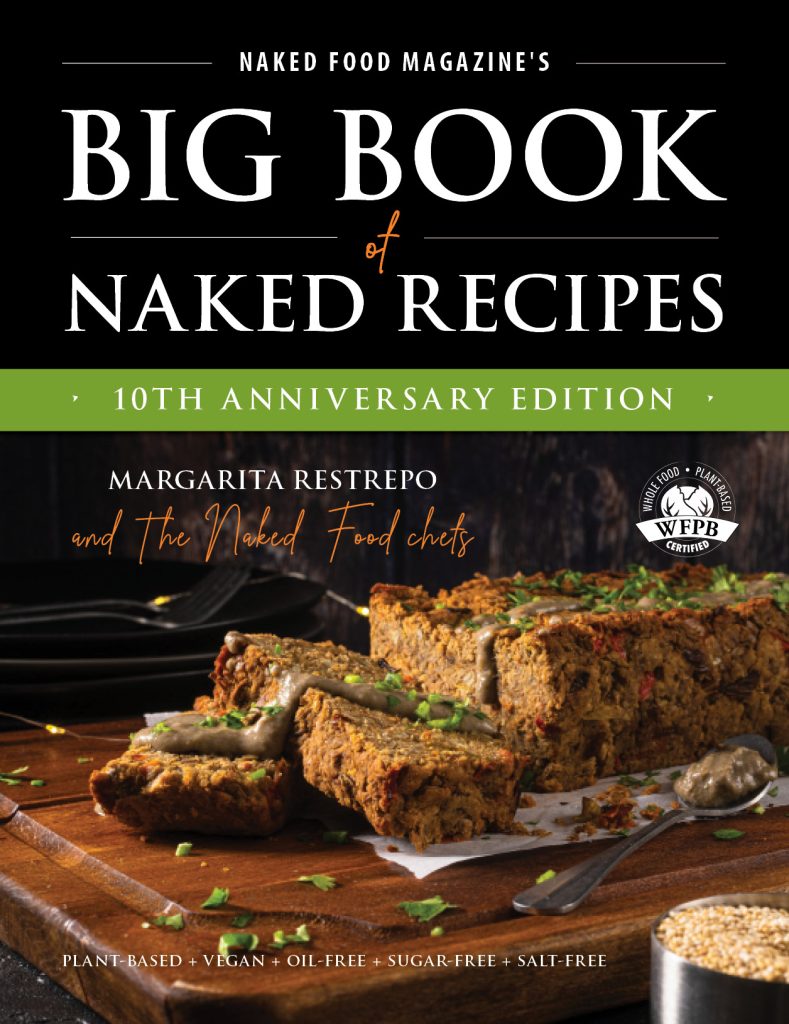Milk Substitutes.
Opt for non-dairy milks such as rice, oat, hemp, nut, and grain milks. Coconut milk is also acceptable, but because of its fat content it should be used sparingly.
Sugar Substitutes.
Use fresh fruit as natural sweetener, or dried fruit such as dates, figs, cranberries, apricots, prunes, and raisins. For liquid sweeteners use organic use date paste (See Essential Recipes) or 100% pure maple syrup.
Oil Substitutes.
- For Baking: Replace the oil called for in a recipe with half the amount of another moist food, such as apple sauce, mashed bananas, mashed potatoes, mashed pumpkin, or tomato sauce.
- For Sautéing: Replace the oil with vegetable broth, water, apple cider, sherry, rice vinegar, white or red wine, or lemon juice.
Pasta Substitutes.
Use gluten-free whole grain, quinoa, buckwheat, rice, and plant-based varieties free of gluten. Whole foods such as carrots, zucchini, and squash also make great raw or cooked pasta substitutes.
Egg Substitutes.
For Baking:
- 1 egg equals ½ banana, or ¼ pureed fruit.
- 1 egg equals 1 tablespoon ground flaxseed + 3 tablespoons water
- 1 egg equals 1 teaspoon ground chia seeds + 3 tablespoons water
For Cooking:
- For quiche, non-egg scrambles, and frittatas, use organic, non-GMO, soft tofu (not the “silken” variety).
Meat Substitutes.
- Tofu and Tempeh: Both tofu and tempeh are based soybean-based products, therefore, if used, they should come from organic, and non-GMO sources. These are both high in protein, omega-3s, iron, and fiber.
- Seitan: Seitan is made of wheat protein or gluten, so it should be avoided with gluten intolerant plant-based diets.
- Fungi: Mushrooms are a flavorful and optimal replacement for popular meat-based dishes such as burgers, skewers, and steaks.
Cheese Substitutes.
Nuts and seeds make great cheese alternatives. Sunflower and pumpkin seeds, as well as cashews, pine nuts, macadamia, or almond nuts blended with onion, garlic, miso, soy sauce, herbs, legumes, and cooked potatoes, can satisfy any cheese craving.
Nutritional Yeast is cultured yeast from molasses and sugar cane. It is also a good source of B12 and
protein, and can be used as a cheese-flavoring ingredient.
Salt Substitutes.
Low-sodium, non-GMO miso paste and rice miso, salt-free seasoning, shoyu, liquid amimos, and tamari, are good salt alternatives for a wide variety of recipes.











